Find Help
More Items From Ergsy search
-
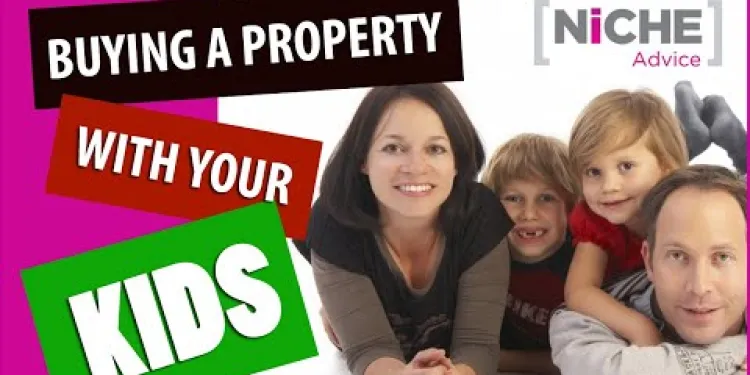
How to Buy property with your children under the age of 18 and get Buy to Let Mortgage.
Relevance: 100%
-
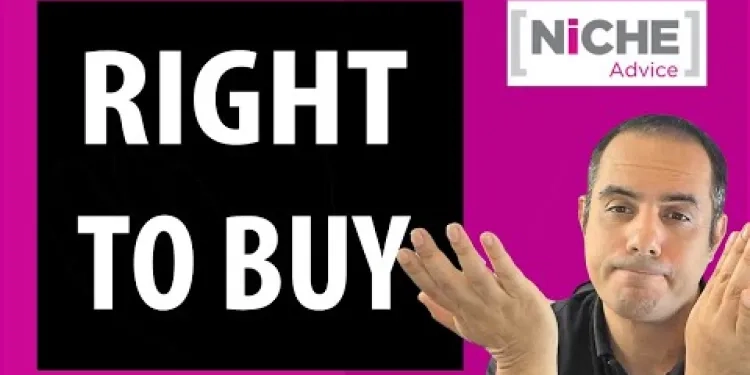
RIGHT TO BUY MORTGAGE - LET ME SAVE YOU TIME AND MONEY
Relevance: 72%
-
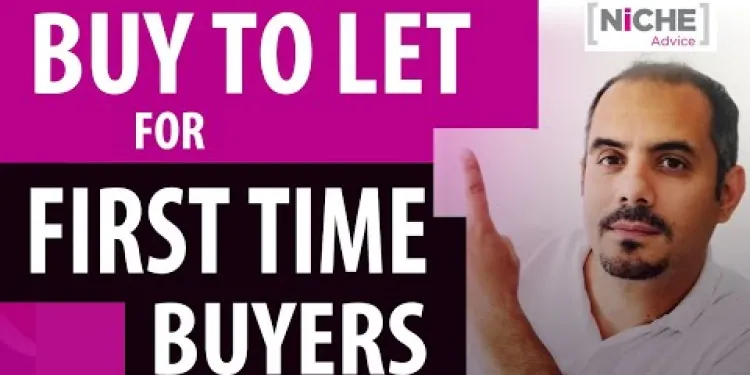
First Time Buyer Buy to Let Finance Options. Lending Criteria on Mortgage and Bridging Finance
Relevance: 70%
-

Uk Buy to Let for Older Clients - Mortgage Options Tips and Criteria
Relevance: 64%
-
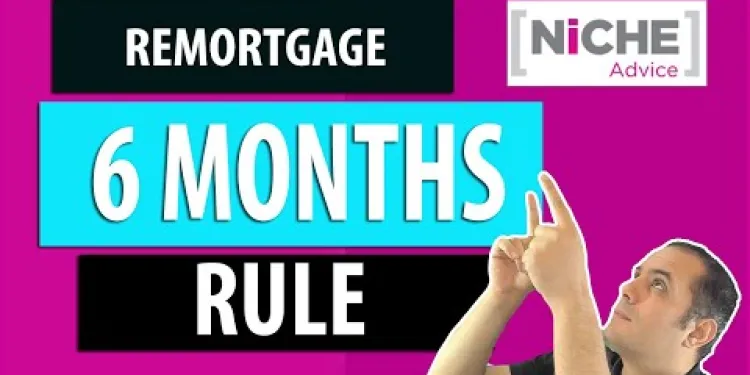
Remortgage within 6 Months on the open market value Residential or Buy to Let Properties
Relevance: 56%
-

Can I get a Buy to Let Mortgage With My 18 Year Old Son
Relevance: 56%
-
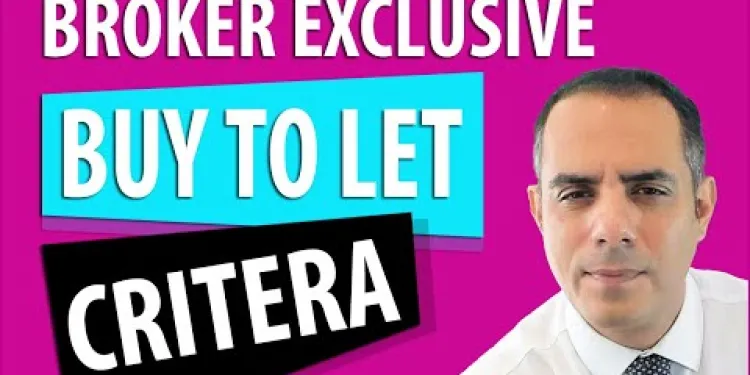
5 Broker Exclusive Buy to Let Mortgage Lenders you need to know about as a Landlord
Relevance: 53%
-
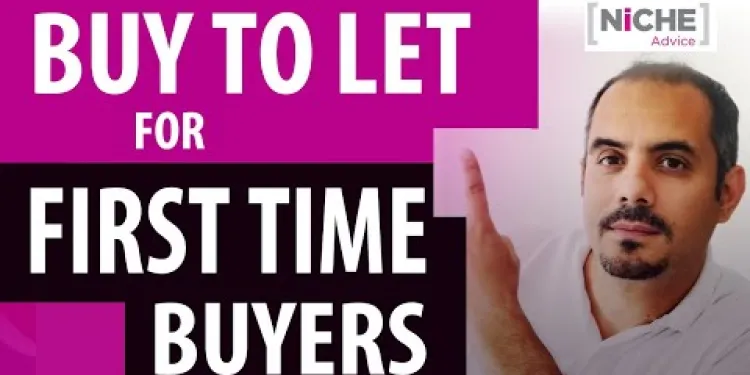
First Time Buyer Buy to Let Finance Options. Lending Criteria on Mortgage and Bridging Finance
Relevance: 53%
-
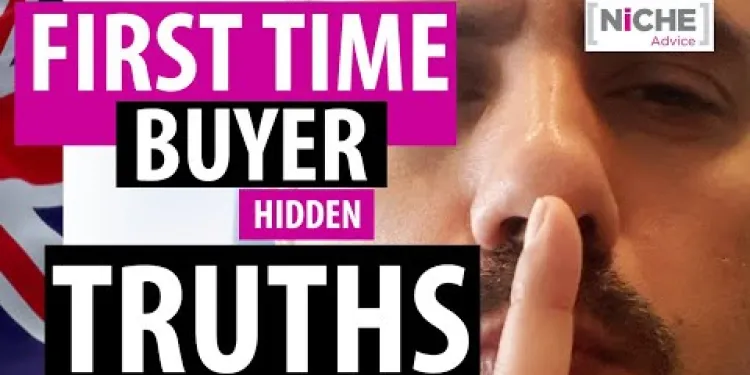
First Time Buyer UK - Own Outright vs Help to Buy vs Shared Ownership
Relevance: 49%
-

If I am buying a house, who has to pay for a surveyors report?
Relevance: 43%
-

What can I buy with Healthy Start vouchers?
Relevance: 39%
-

Leasing VS Buying a Car: Watch this before you buy a car and make the wrong choice!
Relevance: 39%
-

How can I buy Bitcoin or XRP?
Relevance: 38%
-

When should I buy travel insurance?
Relevance: 36%
-

When should I buy travel insurance?
Relevance: 36%
-

Is it possible to buy additional pension benefits as a firefighter?
Relevance: 36%
-

Does buying a car with cash have advantages?
Relevance: 35%
-

Can I buy travel insurance after booking my trip?
Relevance: 35%
-

Can I buy a Nissan electric vehicle in the UK?
Relevance: 34%
-

Why is it important to buy travel insurance early?
Relevance: 34%
-
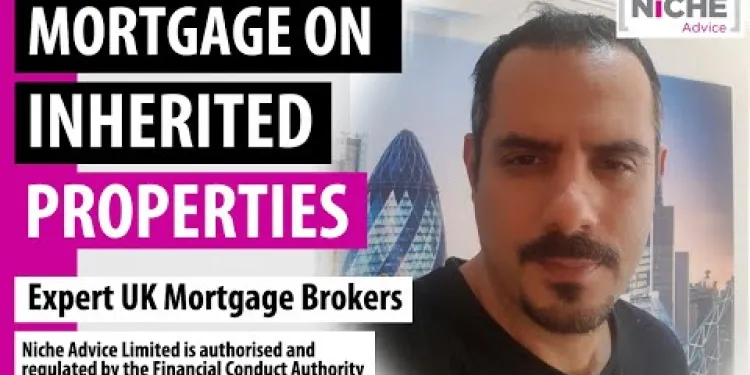
Mortgage on Inherited Property - How we can help you with the finance
Relevance: 34%
-
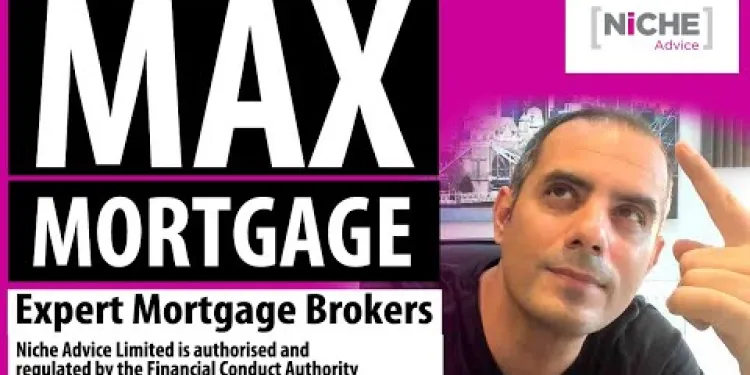
How much can I borrow for a mortgage UK - getting the Maximum Mortgage
Relevance: 34%
-

Are there any discounts for multiple property purchases?
Relevance: 33%
-

Can Stamp Duty be included in a mortgage in the UK?
Relevance: 33%
-
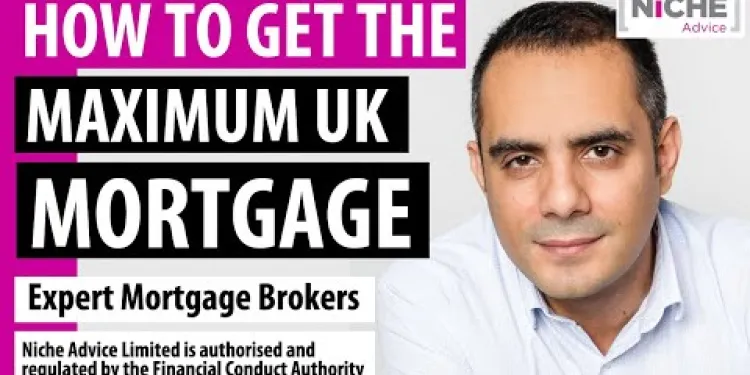
Getting the maximum mortgage in the UK
Relevance: 32%
-

The Ultimate Buy-To-Let Mortgage Breakdown
Relevance: 32%
-
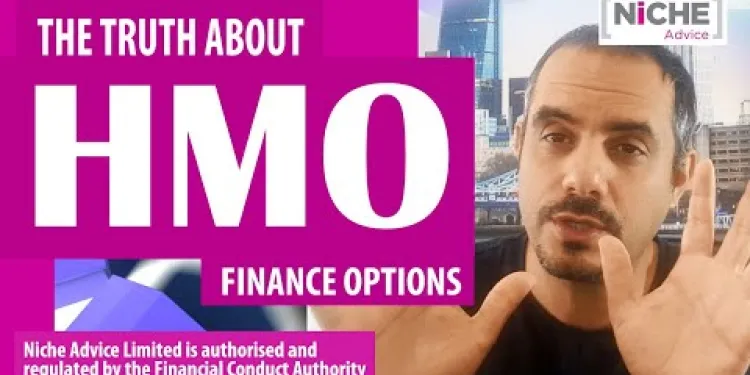
HMO Mortgage Truths - how to get the best Finance option including Bridging Loan Criteria
Relevance: 32%
-
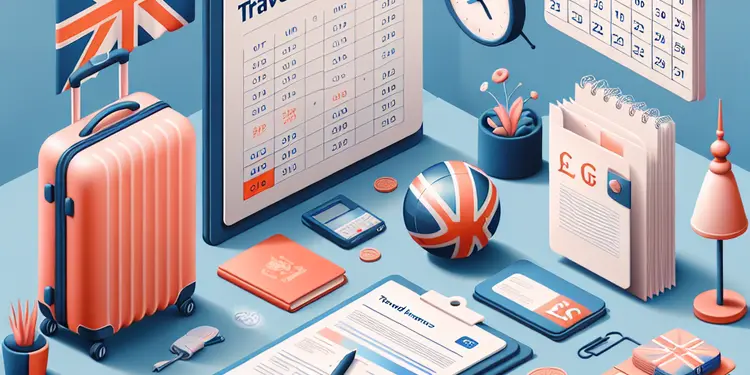
Is it more expensive to buy travel insurance closer to departure?
Relevance: 32%
-

Should I buy holiday insurance from a travel agent or search independently?
Relevance: 31%
-
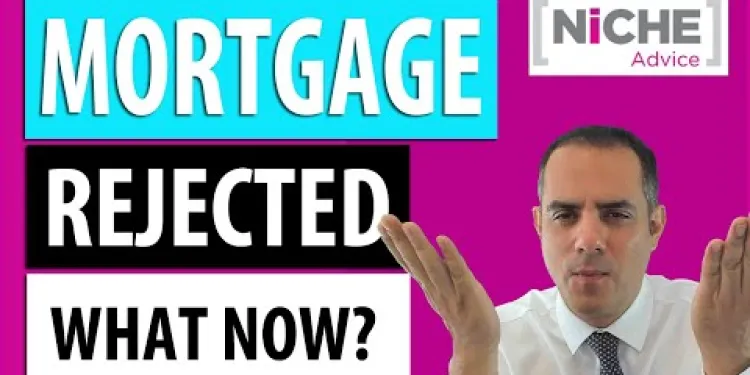
Turned down for a mortgage? Find out why and what to do
Relevance: 31%
-

Can I buy travel insurance after I've started my trip?
Relevance: 31%
-

How to Buy a Car UK | Pros and Cons | PCP vs HP vs Leasing
Relevance: 30%
-

Where can one buy caffeine pouches?
Relevance: 29%
-

Are there any grants in the UK to help me buy an electric car?
Relevance: 28%
-
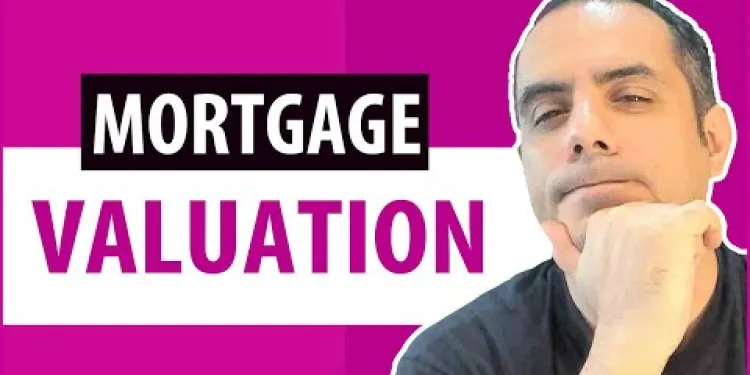
Can Mortgage lenders work from my own Survey Valuation Report?
Relevance: 27%
-

Rising Property Prices Fuel Concerns Over First-Time Buyer Accessibility
Relevance: 27%
-

How important is a property survey in preventing boundary disputes?
Relevance: 27%
-
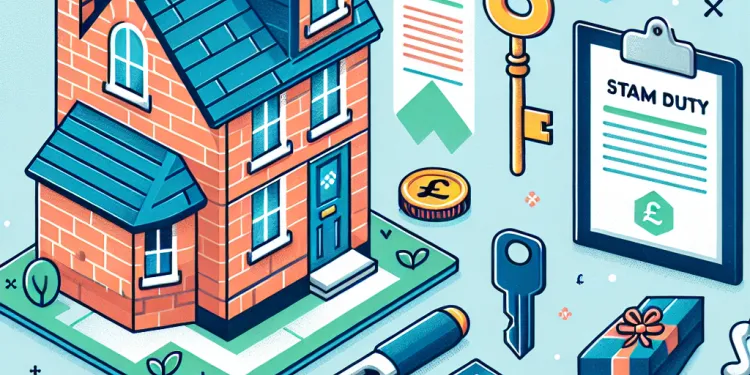
What properties are exempt from Stamp Duty?
Relevance: 26%
-
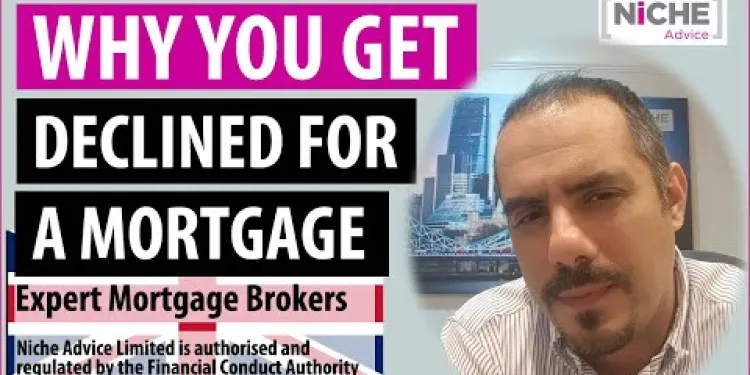
Mortgage Turned Down In The UK - Why mortgage applications are declined
Relevance: 26%
-

What is an 'interest only' mortgage?
Relevance: 26%
How to Buy Property with Your Children Under the Age of 18 in the UK
Purchasing property with your children in the UK can be a strategic move for ensuring their financial future. While children under the age of 18 cannot legally own property outright, there are several approaches you can consider to navigate this limitation and invest in property on their behalf.
Joint Ownership with a Trust
One common method is to purchase the property in a trust. A trust allows the parents to hold the property on behalf of their children, with the property effectively managed by a trustee until the children reach the age of majority. This ensures that the property can be safely transferred to the child when they become legally eligible. Establishing a trust typically involves legal fees, so consulting with a legal advisor is recommended to structure the arrangement correctly.
Using a Buy to Let Mortgage
If the purpose of purchasing the property is to generate rental income, a buy to let mortgage is a viable option. Buy to let mortgages are designed for properties that will be rented out and typically require a larger deposit compared to standard residential mortgages. Lenders will assess projected rental income in addition to your personal income to decide the loan amount. Ensure the property complies with all rental regulations to avoid future legal issues.
Considering Joint Mortgages
For families wishing to purchase property jointly with their children, a joint mortgage may be appropriate. However, this typically involves including the child's name on the mortgage alongside the parents. Despite children not being able to sign contracts, lenders sometimes consider future earnings potential and broader family finances in their decision. This option often requires a high level of parental creditworthiness.
Seek Financial Advice
Before purchasing property for children under 18 using these methods, seeking advice from a financial advisor is crucial. They can help navigate the complexities of tax implications, trust laws, and mortgage options. Moreover, they can provide personalized insight on structuring the purchase to best meet the family's long-term financial goals. Investing in property is a considerable decision, and professional guidance ensures the process is both legally sound and financially beneficial.
How to Buy a Home with Your Children Under 18 in the UK
Buying a home with your kids in the UK can help them have a strong financial future. Kids under 18 cannot own a home by themselves. But there are ways to buy a home for them. Here’s how you can do it.
Joint Ownership with a Trust
One way is to use a trust. A trust means the parents hold the home for the kids. Someone called a trustee manages it until the kids are old enough. This way, the home goes to the kids when they are adults. Setting up a trust can cost money, so check with a lawyer to do it right.
Using a Buy to Let Mortgage
If you want to rent out the home, a buy to let mortgage can help. This kind of mortgage is for homes that people will rent. You usually need more money upfront than a regular mortgage. Lenders will look at how much rent you might earn. Make sure the home follows all rental rules to avoid problems later.
Considering Joint Mortgages
If you want to buy a home with your kids, a joint mortgage might work. This means the kids’ names go on the mortgage with yours. Kids cannot sign contracts, but banks may think about how much they might earn later. Parents need good credit for this to work.
Seek Financial Advice
Before buying a home for kids under 18, talk to a financial advisor. They can help with taxes, trust laws, and picking the right mortgage. They also give advice to reach your family’s money goals. Buying a home is a big decision, so it’s good to get advice to make sure everything is legal and helpful.
Frequently Asked Questions
Can I buy a property with my child under 18 in the UK?
Yes, you can purchase property with your child under 18 in the UK, but it must be in a trust, as minors cannot legally own property.
What type of trust is needed for a child under 18 to hold property?
A bare trust or a discretionary trust is typically used, where the property is held by trustees on behalf of the child.
What are the key considerations when setting up a trust for a property purchase?
You should consider who will be the trustees, the tax implications, and the long-term management of the property.
Can I get a Buy to Let mortgage if my child is under 18?
While the mortgage cannot be in your child's name, you can apply for a Buy to Let mortgage in your name or as part of a trust arrangement.
What are the usual requirements for obtaining a Buy to Let mortgage?
Lenders typically require a larger deposit, proof of rental income potential, and that you meet certain income criteria.
How does the rental income work in a property bought on behalf of a minor?
Rental income is usually managed by the trustees and should be reinvested or saved for the child’s future benefit.
Are there any tax implications when buying a property with a minor?
Yes, there could be Income Tax, Capital Gains Tax, and Inheritance Tax considerations, especially with regards to trusts.
Can I live in the property bought under a Buy to Let mortgage?
No, a Buy to Let mortgage is specifically for properties intended to be rented out, not owner-occupied residences.
What role do trustees play in property purchased for a minor?
Trustees manage the property and any income on behalf of the minor according to the terms of the trust deed.
Can the property be in joint names with a child under 18?
No, the deed must reflect the trust arrangement, designating the trustees as legal owners until the child reaches adulthood.
At what age can my child take ownership of the property?
Typically, control or ownership can be transferred to the child when they reach 18, or a later age if specified in the trust.
Who should I consult before buying a property with a minor?
It’s advisable to consult a solicitor or financial advisor with experience in trusts and property taxation.
Can family members be trustees of the property trust?
Yes, family members can be trustees, but it's important they understand their legal responsibilities.
What happens if I want to sell the property before my child is 18?
You must follow the procedures set out in the trust deed, which typically involves trustee consensus and handling the proceeds per the trust’s terms.
What are the risks associated with Buying to Let in a trust?
Risks include changes in property value, rental market fluctuations, and potential legal or tax changes affecting trusts.
Can I buy a house with my child under 18 in the UK?
You might want to buy a house with your child. In the UK, if your child is under 18, they cannot own a house by themselves. But you can still buy a house and have them as a part owner.
Here are some tips to help you:
- You can own the house with your child together. This is called joint ownership.
- Use a simple checklist to keep track of what you need to do.
- Ask a lawyer for help. They know a lot about buying houses.
- Look for special programs that help families buy houses.
If you need help understanding, ask someone else to explain, or use tools that read text out loud.
Yes, you can buy a house with your child who is under 18 in the UK. The house will be in a trust because children under 18 cannot own a house by themselves.
What kind of trust does a child under 18 need to own a house or land?
If you want a child under 18 to own a house or land, they need a special kind of help called a "trust." This trust keeps the house or land safe for the child.
It's like a grown-up holding the house or land for them until they are old enough. The grown-up makes sure the house or land is safe and looked after. When the child turns 18, they can own it themselves.
If you need help or do not understand, you can:
- Ask a grown-up to explain.
- Use pictures or drawings to see how it works.
- Look for videos that explain trusts for kids.
A bare trust or a discretionary trust is when someone looks after things, like a house or money, for a child. The people who look after it are called trustees. They make sure it’s safe for when the child is older.
What important things should you think about when starting a trust to buy a house?
When you start a trust to buy a house, think about these important things:
- Choose the right people: Pick people you trust to help. These people are called trustees.
- Understand the rules: Know the rules about how the trust works.
- Plan for the future: Decide what will happen to the house later on.
- Get legal help: Ask a lawyer for advice. They can make it easier to understand.
- Write it down: Make sure to write everything down clearly.
Support tools:
- Use pictures to help explain ideas.
- Read things out loud to help understand better.
- Ask someone to explain if you have any questions.
Think about who will look after the property, how much tax you will have to pay, and how to take care of the property for a long time.
Can I get a Buy to Let mortgage if my child is under 18?
Want to know if you can get a special loan to buy a house to rent out? But your child is under 18? Here’s the answer.
If your child is under 18, it might be harder to get this loan. But it is not impossible.
Here’s what you can do:
- Talk to a mortgage expert. They can help you understand your choices.
- Use a mortgage calculator online to see how much money you might need.
- Look for banks or lenders that let people with young children get these loans.
You can ask someone to help you find the right information. A family member, friend, or a support helper can be very helpful.
You can't put the house loan, called a mortgage, in your child's name. But you can get a special kind of loan called a Buy to Let mortgage in your name. You can also make a plan called a trust to help with this. Using support tools like a dictionary or text-to-speech can help make reading easier.
What do you need to get a Buy to Let mortgage?
To get a Buy to Let mortgage, you usually need:
- A good credit score.
- A deposit (some of your own money to put down).
- Proof you can handle the mortgage payments.
- Enough rental income to cover the mortgage.
Tip: Use a calculator to see if you can afford the payments.
Support: Ask an advisor for help if you have questions.
When you want to borrow money, you need to show you can pay it back. You usually have to:
- Pay some money at the start (this is called a deposit).
- Show that you can make money from renting the place.
- Earn enough money yourself.
If you find this hard, you can ask a friend or family member to help you understand. Also, try using pictures or talking it out loud to make it easier.
How can a child earn money from a house?
If a child owns a house, the money made from renting it out is called rental income.
Here's how it works:
- When people pay to live in the house, this money is kept safe for the child.
- A grown-up, like a parent, looks after the money until the child is old enough.
- The money can be used for things the child needs, like school or toys.
If you need help understanding, ask a grown-up. They can explain things more.
The people in charge of the money, called trustees, look after the money from renting a house. They should use or save the money to help the child later.
Do you have to pay extra taxes if you buy a home with someone under 18?
Yes, there might be some taxes to think about. These can be Income Tax, Capital Gains Tax, and Inheritance Tax. This is important if you have trusts.
Can I live in a house I bought with a Buy to Let loan?
No, a Buy to Let mortgage is for houses that you rent to other people. It is not for houses where you live.
What do trustees do when a child owns a house?
Trustees help take care of a house or property bought for a child. They make sure everything is safe and looked after until the child is old enough to do it themselves.
If you need more help to understand, you can ask a family member or a teacher. Drawing pictures or using storyboards can also help explain what trustees do.
Trustees are people who take care of money or property for a child. They follow special rules written in a trust deed.
Can a child under 18 own a property with someone else?
Children under 18 cannot own property by themselves. But they can have their name on a property with an adult. Always talk to a lawyer for the best advice.
Here are some tools to help:
- Ask an adult for help.
- Use pictures or simple drawings to understand better.
- Use simple words or a dictionary for tricky words.
No, the paper must show the trust set-up. It should say that the trustees are the legal owners until the child is grown up.
How old does my child need to be to own the house?
Suggest tools that can help:
- Use pictures or drawings to explain things.
- Ask someone to read with you.
- Write down key points to remember.
Usually, the child can take control or ownership when they turn 18. Sometimes, the trust says they must wait until they are older.
Who should I talk to before buying a home with a child?
Buying a home is a big step. If you plan to buy a home with a child, it's good to talk to the right people first.
Here are some people who can help you:
- Lawyer: A lawyer can help you understand the legal rules.
- Financial Advisor: They can help you with money matters.
- Real Estate Agent: An agent can help you find the right home.
You can use simple money tools, or ask family or friends for support to make the process easier.
It's a good idea to talk to a lawyer or money helper who knows about trusts and taxes on property.
Can family members look after a property trust?
Yes, family members can help take care of things like a trustee. But they need to know what they have to do by law.
What if I want to sell the house before my child turns 18?
You need to do what the trust deed says. This usually means all trustees agree and use the money as the trust says.
What are the dangers of Buying to Let in a trust?
Buying to Let can have some problems. Here are some things to think about:
- If the house loses value, you might lose money.
- You need to find good people to live in the house.
- Sometimes, people may not pay rent on time.
- You also need to pay for repairs and taxes.
Using a trust can make it more complicated. It's a good idea to talk to someone who knows about trusts and renting houses to get help.
Tools like picture notes or talking with someone who understands these things can help you understand better.
There are some risks to think about. The value of a property might go up or down. The rent people pay could change too. There might be new laws or tax rules that can change how trusts work. It's a good idea to use tools like picture charts or simple checklists to help understand these things better.
Useful Links
This website offers general information and is not a substitute for professional advice.
Always seek guidance from qualified professionals.
If you have any medical concerns or need urgent help, contact a healthcare professional or emergency services immediately.
- Ergsy carfully checks the information in the videos we provide here.
- Videos shown by Youtube after a video has completed, have NOT been reviewed by ERGSY.
- To view, click the arrow in centre of video.
- Most of the videos you find here will have subtitles and/or closed captions available.
- You may need to turn these on, and choose your preferred language.
- Go to the video you'd like to watch.
- If closed captions (CC) are available, settings will be visible on the bottom right of the video player.
- To turn on Captions, click settings .
- To turn off Captions, click settings again.
More Items From Ergsy search
-

How to Buy property with your children under the age of 18 and get Buy to Let Mortgage.
Relevance: 100%
-

RIGHT TO BUY MORTGAGE - LET ME SAVE YOU TIME AND MONEY
Relevance: 72%
-

First Time Buyer Buy to Let Finance Options. Lending Criteria on Mortgage and Bridging Finance
Relevance: 70%
-

Uk Buy to Let for Older Clients - Mortgage Options Tips and Criteria
Relevance: 64%
-

Remortgage within 6 Months on the open market value Residential or Buy to Let Properties
Relevance: 56%
-

Can I get a Buy to Let Mortgage With My 18 Year Old Son
Relevance: 56%
-

5 Broker Exclusive Buy to Let Mortgage Lenders you need to know about as a Landlord
Relevance: 53%
-

First Time Buyer Buy to Let Finance Options. Lending Criteria on Mortgage and Bridging Finance
Relevance: 53%
-

First Time Buyer UK - Own Outright vs Help to Buy vs Shared Ownership
Relevance: 49%
-

If I am buying a house, who has to pay for a surveyors report?
Relevance: 43%
-

What can I buy with Healthy Start vouchers?
Relevance: 39%
-

Leasing VS Buying a Car: Watch this before you buy a car and make the wrong choice!
Relevance: 39%
-

How can I buy Bitcoin or XRP?
Relevance: 38%
-

When should I buy travel insurance?
Relevance: 36%
-

When should I buy travel insurance?
Relevance: 36%
-

Is it possible to buy additional pension benefits as a firefighter?
Relevance: 36%
-

Does buying a car with cash have advantages?
Relevance: 35%
-

Can I buy travel insurance after booking my trip?
Relevance: 35%
-

Can I buy a Nissan electric vehicle in the UK?
Relevance: 34%
-

Why is it important to buy travel insurance early?
Relevance: 34%
-

Mortgage on Inherited Property - How we can help you with the finance
Relevance: 34%
-

How much can I borrow for a mortgage UK - getting the Maximum Mortgage
Relevance: 34%
-

Are there any discounts for multiple property purchases?
Relevance: 33%
-

Can Stamp Duty be included in a mortgage in the UK?
Relevance: 33%
-

Getting the maximum mortgage in the UK
Relevance: 32%
-

The Ultimate Buy-To-Let Mortgage Breakdown
Relevance: 32%
-

HMO Mortgage Truths - how to get the best Finance option including Bridging Loan Criteria
Relevance: 32%
-

Is it more expensive to buy travel insurance closer to departure?
Relevance: 32%
-

Should I buy holiday insurance from a travel agent or search independently?
Relevance: 31%
-

Turned down for a mortgage? Find out why and what to do
Relevance: 31%
-

Can I buy travel insurance after I've started my trip?
Relevance: 31%
-

How to Buy a Car UK | Pros and Cons | PCP vs HP vs Leasing
Relevance: 30%
-

Where can one buy caffeine pouches?
Relevance: 29%
-

Are there any grants in the UK to help me buy an electric car?
Relevance: 28%
-

Can Mortgage lenders work from my own Survey Valuation Report?
Relevance: 27%
-

Rising Property Prices Fuel Concerns Over First-Time Buyer Accessibility
Relevance: 27%
-

How important is a property survey in preventing boundary disputes?
Relevance: 27%
-

What properties are exempt from Stamp Duty?
Relevance: 26%
-

Mortgage Turned Down In The UK - Why mortgage applications are declined
Relevance: 26%
-

What is an 'interest only' mortgage?
Relevance: 26%


